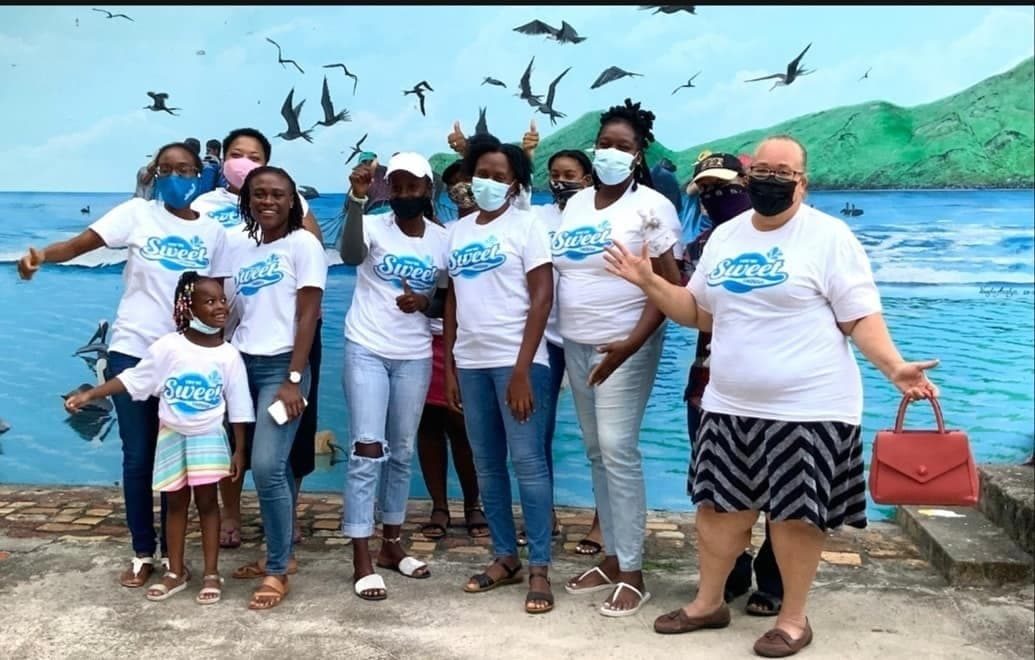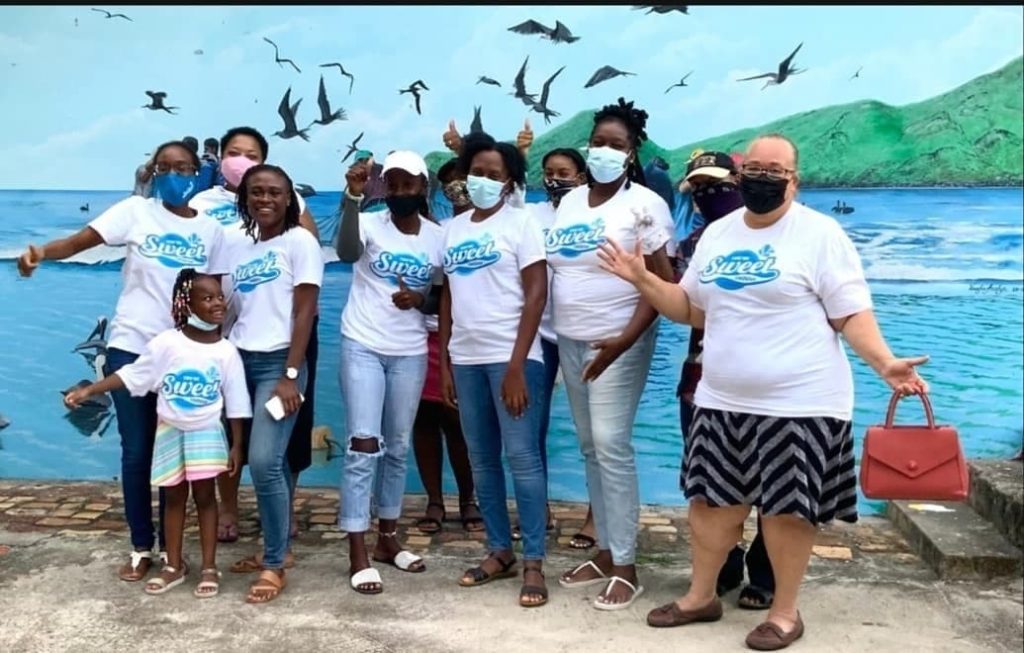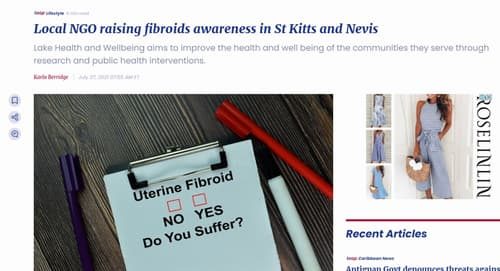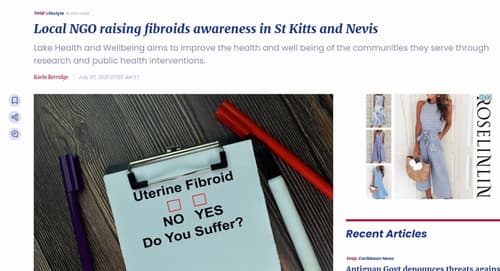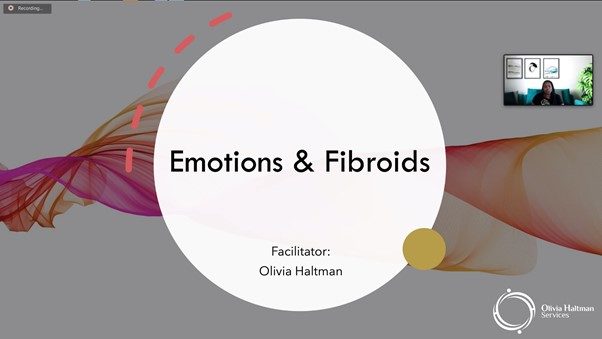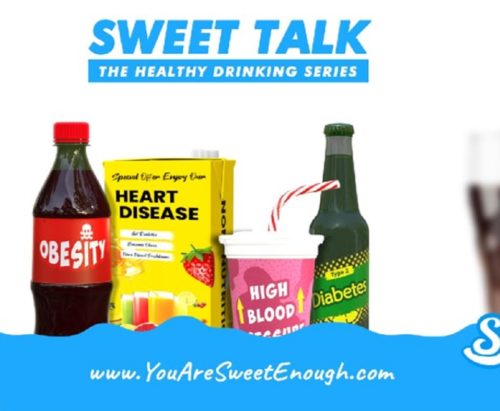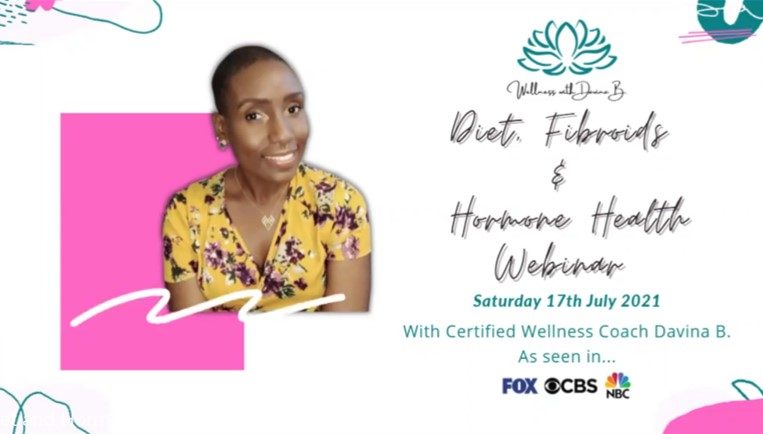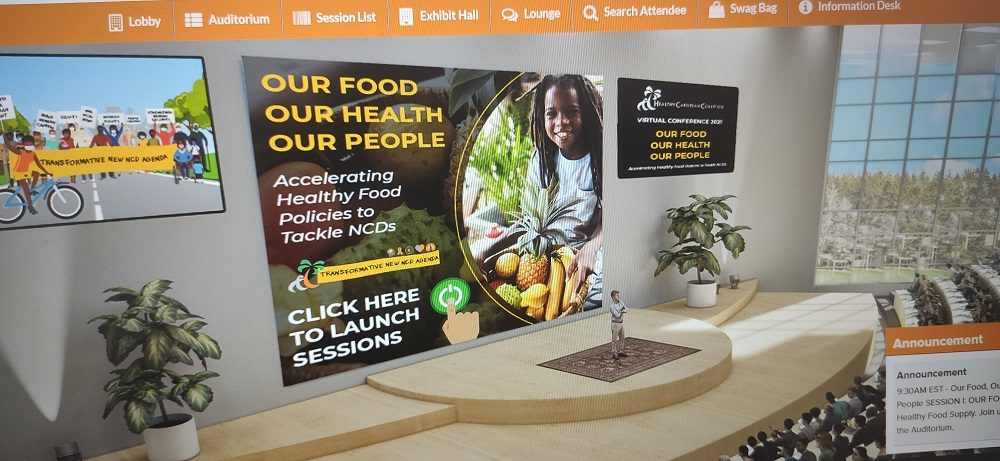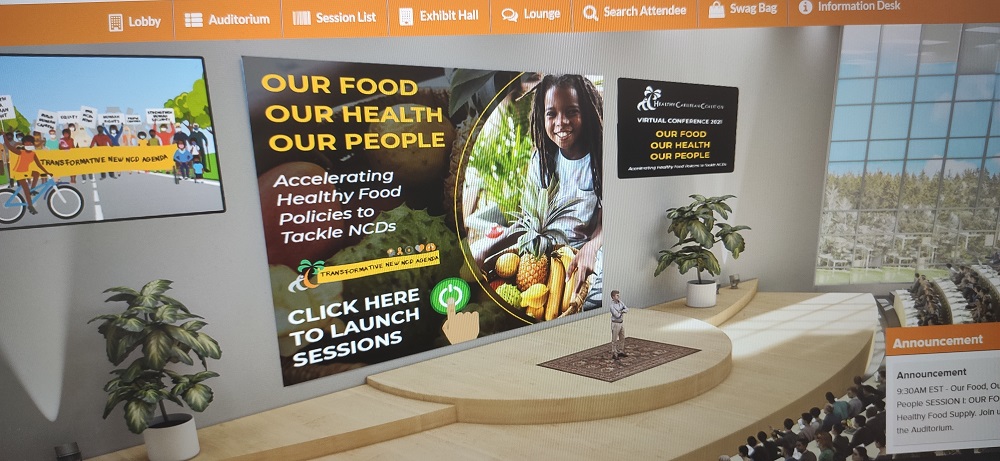Action Needed To Reduce the Growing Rate of NCDs
St. Kitts and Nevis is facing a non-communicable disease (NCD) epidemic which has now been exacerbated by COVID-19. At the upcoming United Nations’ (UN) Food Systems Summit, taking place in September 2021, the government should strive to create lasting healthy food policies and decrease ultra-processed food production that contributes to growing rates of diet-related NCDs. In a recently published BMJ Global Health article, researchers from around the world urge international bodies to confront the change in modern food processing and call on governments to pass evidence-based healthy food policies.
A small number of transnational corporations are responsible for the enormous volume of ultra-processed foods that are readily available to consumers worldwide. Ultra-processed foods and beverages are formulations of food substances typically containing additives and little or no whole foods. These products are notoriously cheap, yield high profit margins and are ubiquitously marketed globally, with few restrictions. In middle-income countries, including St. Kitts and Nevis, ultra-processed foods make up 15-30% of total energy intake and sales continue to grow.
There is growing evidence that these products are habit-forming or even addictive, which can encourage overconsumption and cravings for these products, further perpetuating the non-communicable diseases (NCDs) they cause. Recent peer-reviewed studies have shown that ultra-processed product consumption can increase the risk of several health conditions, including weight gain, obesity, high blood pressure, type 2 diabetes, and heart disease.

While many countries have already passed healthy food policies to address the NCD epidemic, St. Kitts and Nevis needs to act because our global food systems are failing. Implementing a package of policies including fiscal measures, marketing regulations and mandatory front-of-package warning labels can discourage the production and consumption of ultra-processed foods. At the same time, the government needs to encourage the consumption of fresh or minimally processed foods, ensuring that they are not only available, but also accessible and affordable for all people.
Lake Health and Wellbeing along with other civil society organizations in the federation and across the Caribbean, join public health researchers and call for St. Kitts and Nevis to commit during the UN Food Systems Summit to act on passing healthy food policies that will improve public health – our nation’s health and sustainability depend on it.








